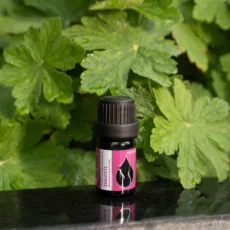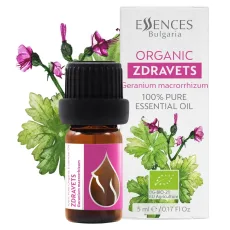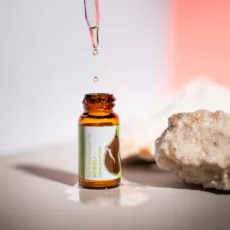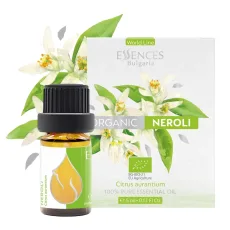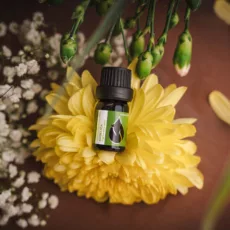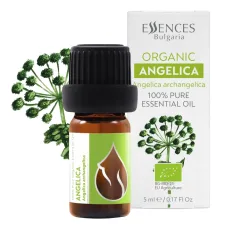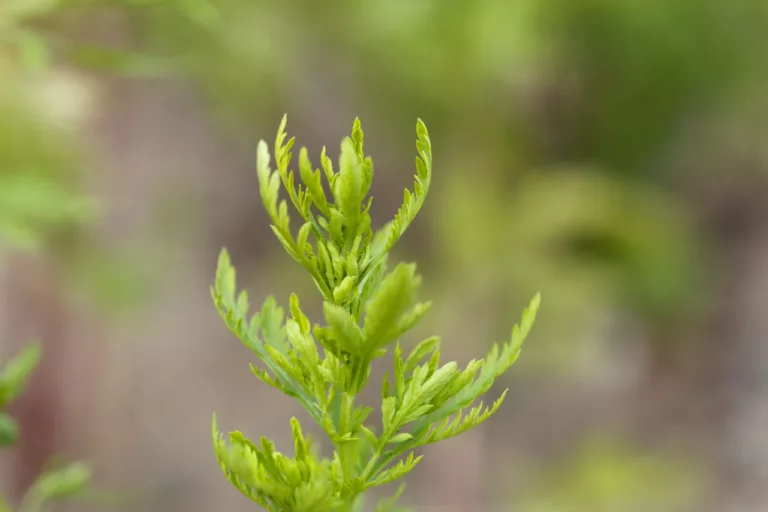Zdravets
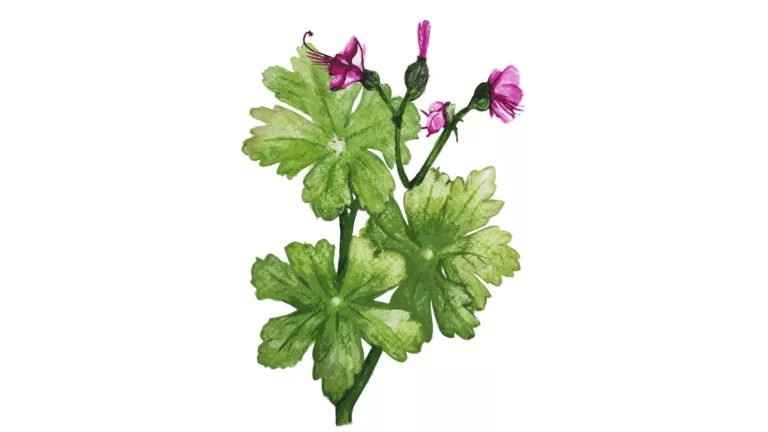
Geranium (Geranium macrorrhizum)—also known as garden or wild geranium—is a perennial plant from the geranium family (Geraniaceae). About 422 species of geranium occur, thriving in temperate climates as well as in mountains of tropical regions, most notably in the eastern Mediterranean. The flowers sit on long stalks, singly or in loose clusters, and are colored in shades of blue, purple, violet, pink, and crimson. Each flower has ten nectar-bearing stamens. The plant is densely hairy and distinguished by an exceptionally intense fragrance.
The Bulgarian name of this medicinal plant is no accident. The root of the word comes from “health,” likely because the plant is a rich source of essential oils, polyphenolic compounds, tannins, catechins, vitamin C, and antioxidants, all of which confer numerous health benefits.
It is widely used in folk medicine and features in Bulgarian folk traditions and customs as a symbol of health, long life, vigor, and rejuvenation; even its very name is imbued with the belief that it brings health and well-being. Maidens gave sprigs of geranium to their beloveds; priests sprinkled holy water with geranium at weddings and baptisms and on major church feast days.
A legend linked with the beautiful herb tells how, in autumn, when the cranes flew south, one separated from the flock, fell to the ground, and froze. As it lay dying, it gazed longingly at the endless sky, and a tear fell from its eye. Where it landed, a wondrous flower sprouted in spring, its color recalling the azure heavens for which the crane yearned. In many languages the name for geranium derives from the word for “crane.”
Years ago researchers conducted the following experiments with geranium: they placed a droplet containing millions of staphylococcal bacteria on the surface of the leaves. After three hours, most of the bacteria had died. The investigations went further. The researchers put the plant in a box and, at a distance of 0.5 m from its leaves, set plates onto which they dropped a solution with microbes. After six hours near the geranium, all the microbes perished. The studies showed that geranium releases bactericidal substances into the air that kill microbes. For this reason the plant is increasingly used in the production of preparations with bactericidal properties.
The leaves and roots of geranium are used in folk medicine for colds, stomach disorders, skin inflammations, diseases of the liver and kidneys, hypertension, tuberculosis, malaria, toothache, rheumatism, and to calm the nervous system.
Geranium also finds application in conventional medicine for making pharmaceuticals and in cosmetics for producing creams, balms, shampoos, and more. The plant’s very name proves that it has helped people for centuries and has rightly earned its place as a leader among nature’s indispensable gifts. Geranium has been given the most precious name for the most valued gift—health. It possesses healing power in which generations have believed unconditionally.
